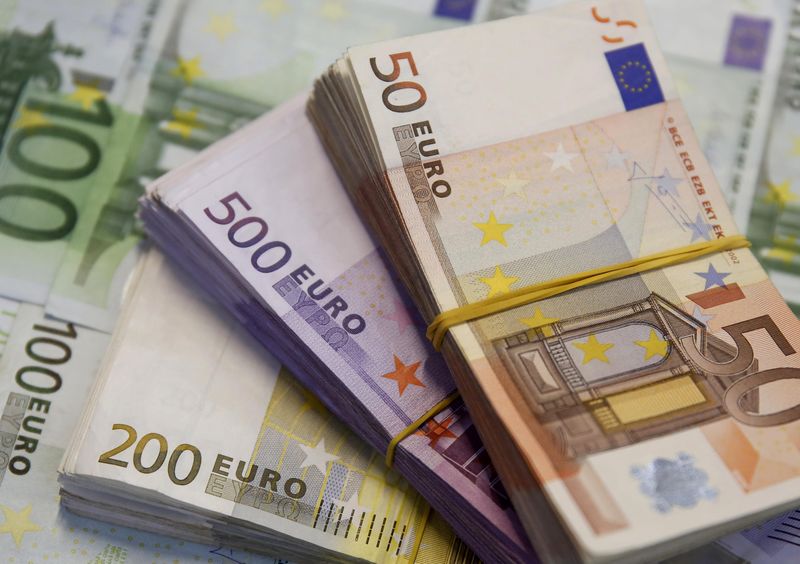Investing.com - The euro pared back gains against the dollar on Tuesday, but remained supported by hopes for an agreement on a new financing arrangement for Greece and after upbeat German economic sentiment data earlier in the day.
EUR/USD was last up 0.26% to 1.1386, off session highs of 1.1449.
Demand for the euro continued to be underpinned by hopes for a new deal on Greece’s international bailout, despite a standoff between Athens and European officials after talks broke down on Monday.
Greece’s current €240 billion bailout is due to expire at the end of the month and the new Greek government does not want it extended. Athens rejected a proposed six-month extension of the bailout on Monday, calling it "unacceptable".
Athens has until Friday to request an extension otherwise its bailout will expire on February 28 and the country will run out of money, which could trigger the country’s exit from the euro zone.
The euro rose to the day’s highs after data showed that German economic sentiment improved for the fourth consecutive month in February, rising to a one year high.
The ZEW Centre for Economic Research said that its index of German economic sentiment rose by 4.6 points to 53.0 this month from January’s reading of 48.4. It was the highest reading since February 2014.
Sentiment among financial market experts was boosted by the unexpectedly strong rate of economic growth in the fourth quarter of 2014 and by the European Central Bank’s quantitative easing program the report said.
The euro also pared gains against the yen, with EUR/JPY last up 0.78% to 135.58, but extended gains against sterling, with EUR/GBP advancing 0.62% to 0.7435.
In the U.K. data on Tuesday showed that the annual rate of inflation slowed to a record low in January, pulled down by falling oil prices.
The annual rate of consumer inflation slowed to 0.3% last month from 0.5% in December. It was the lowest rate of inflation since records began in 1989.
Consumer prices fell 0.9% in January from a month earlier the ONS said, compared to expectations for a drop of 0.8%.
However, core inflation, which strips out volatile food and energy costs, rose 1.4%, up from 1.3% in December.
